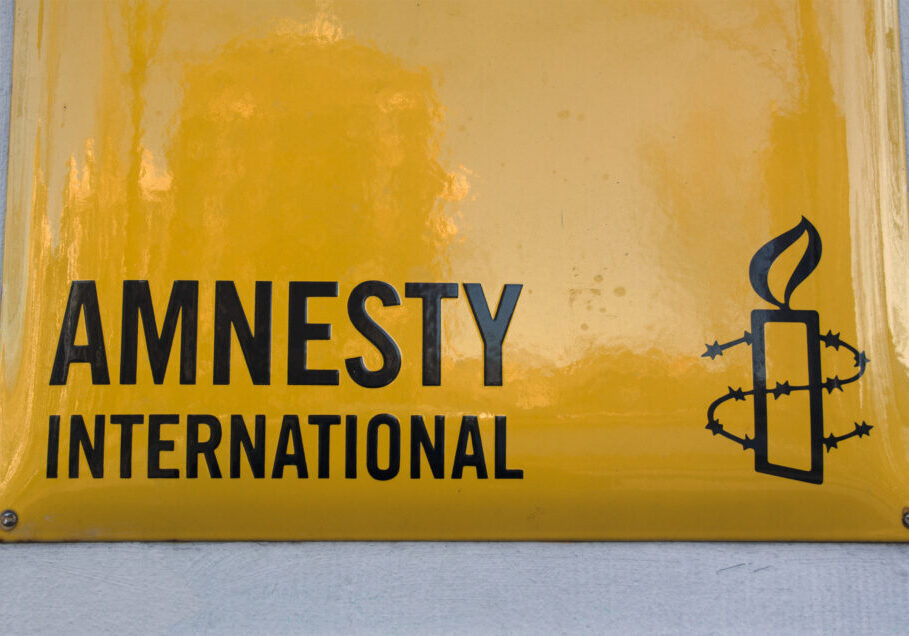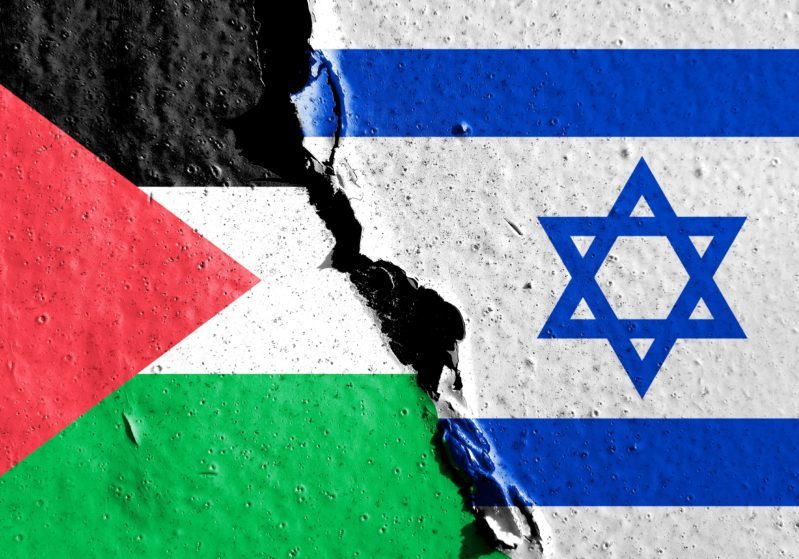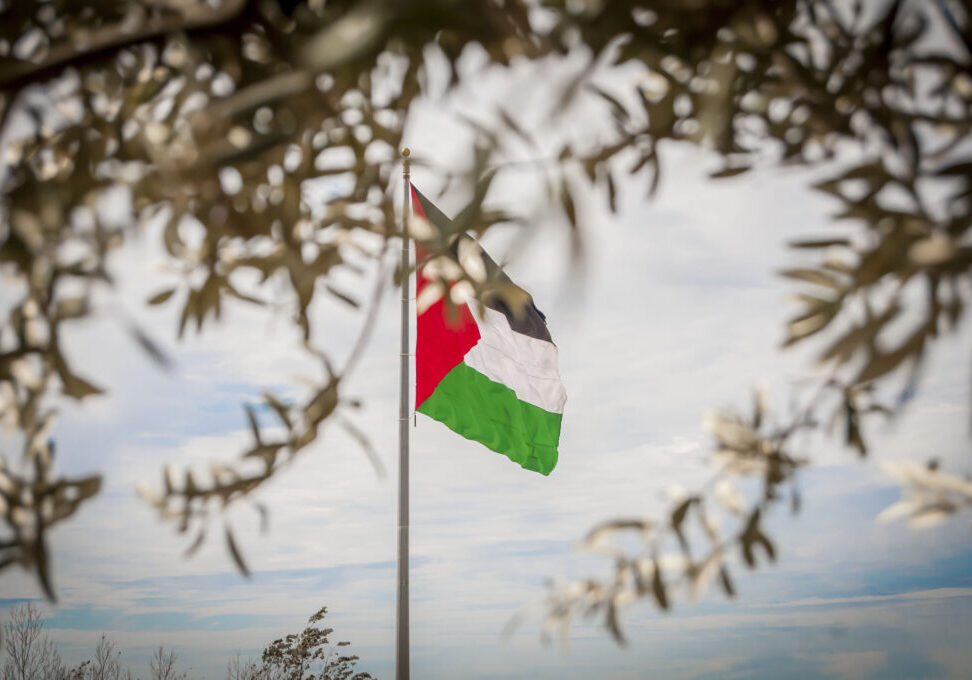Australia/Israel Review
The View from Ramallah
Feb 28, 2011 | Yehonathan Tommer
Yehonathan Tommer
Dr. Nabil Shaath, 73, is a member of the Fatah Central Committee and has held key cabinet portfolios in the Palestinian Authority (PA) since its inception in 1993. He is an elected member of the Palestinian Legislative Assembly for Khan Yunis in the Gaza Strip and currently Commissioner of International Relations in the government led by Mahmoud Abbas.
Born in Safed in pre-state Israel, educated in Alexandria and the United States, Shaath is a savvy, western-style Palestinian politician, fluent in English and unambiguously outspoken, with close political ties in Israel and the United States. During Yasser Arafat’s rule, Shaath played a leading role in peace negotiations.
I spoke to Dr. Shaath in Ramallah in the midst of the Egyptian upheaval and al-Jazeera’s revelations in the “Palestine Papers’’ – but before Hosni Mubarak quit the Egyptian presidency and before Salaam Fayyad and Mahmoud Abbas dissolved the Palestinian Cabinet and announced new municipal and presidential elections for September.They later appeared to withdraw the offer after Hamas refused to cooperate.
Shaath applauded the popular demand for Egyptian reforms. He criticised Mubarak’s “consistently ineffective mediation” in the Israel-Palestinian conflict, but was optimistic about a future democratically-elected government in Cairo being able to exercise a more positive role in the peace process.
Shaath dismissed fears of any political unrest in the West Bank and claimed that the PA’s restrictions on demonstrations would prevent the upheaval in Egypt from spilling into the Palestinian territories.
On the peace process, he repeated standard Palestinian policy on a variety of issues: Slamming US President Barack Obama for his alleged leniency in not forcing Israel to fulfill its obligations under the Road Map; blaming the Israeli Government for the current lack of negotiations; and offering a formula on the claimed “Palestinian Right of Return” to Israel – that Palestinians must be given a free choice to exercise the right or not – which is never likely to be acceptable to any conceivable Israeli government.
And while he did not mention them by name, he went out of his way to refute al-Jazeera’s claims in the so-called “Palestine Papers” that Mahmoud Abbas had sold out Palestine or had almost reached a forumula for a final agreement with former Israeli Prime Minister Olmert and Foreign Minster Livni to resolve the conflict.
The PA, Shaath also said, will continue to lobby for international recognition of Palestine’s “inalienable right” to declare its independence; but did vow that the PA will ultimately seek a negotiated settlement and not return to its disastrous previous policy of “resistance” – promoting “suicide bomber and terrorist attacks on Israel.”
The following are excerpts from the interview:
How have mass demonstrations for regime change in Egypt affected Palestinians in the West Bank?
West Bankers have no feelings of frustration against the Palestinian Authority. Their problem is with the Israeli occupation and the divide between Hamas in Gaza and Fatah in the West Bank . The PA has placed limitations on public demonstrations for fear they may turn into a violent intifada as in 2000, when Palestinians and Israelis paid a high price. But freedom of speech and assembly and criticism of government is respected.
Are you worried by the Muslim Brotherhood emerging as a dominant element in an Egyptian government?
Fear of the Muslim Brotherhood is unreal and exaggerated by people who don’t know Egypt, in Israel as well as in Palestine. The United States is not scared. President Obama and Secretary of State Clinton dismissed fears of the Muslim Brotherhood taking over Egypt. It was the only outlawed political party to survive and an antidote to the regime. At best, they represent 10-15% of the popular vote (they won 80 of the 450 parliamentary seats in the 2005 elections.) They played no role in the current popular uprising and will have a small part in shaping Egypt’s future. They cannot take over Egypt because the army is strong and capable and won’t allow it.
Will Palestinian relations with Egypt benefit in a post-Mubarak government?
In retrospect Egypt was not instrumental in its support for the Palestinians in the peace process. Palestinians decided to attend the Madrid Conference (1991) and the negotiations in Oslo (1992) without Egypt’s okay. Without minimising Egypt’s influence, Mubarak had very little influence on the peace process because he was limited by his difficulties at home and declining international influence.
Can a new Egyptian government end the feud between Fatah and Hamas?
If it comprises the educated, savvy people who planned the revolution, I am most hopeful. But if it is dominated or influenced by the Muslim Brotherhood, it may make our life much more difficult.
What are the prospects of renewing peace negotiations with Israel now?
The situation in Egypt does not complicate the difficulties of renewing negotiations if we decide to do so. We want Obama, Europe, Russia and the international community to put pressure on Netanyahu to renew negotiations. Netanyahu rejects all the agreements that the Palestinians signed with previous Israeli governments.
The Palestinians stopped all suicide bomber and terrorist attacks on Israel and fulfilled the conditions set and for financial transparency regarding allocations of donor money.
Netanyahu has done nothing to fulfill Israel’s obligations under the Road Map to freeze settlement construction.
Do you regret not reaching a peace settlement with Ehud Olmert and Tzipi Livni?
It is not true as Mazen and Olmert said that a settlement had almost been reached. This is a gross exaggeration. At the last stage, Olmert went to war in Gaza and refused to meet with the Palestinians. After the war he insisted that there could be no agreement unless Fatah regains full military control of Gaza, and then he was ousted from power.
Olmert was not serious. There were many outstanding issues and enormous differences over arrangements in the Old City, the Holy Basin, as well as Israeli claims to include the satellite settlements Maaleh Adumim, Givat Zeev and Har Homa as integral parts of Israeli Jerusalem.
Would you agree to Israeli settlements remaining in a Palestinian State?
That is not on the agenda. It would have to be reciprocal. If Israel allows Palestinians to buy land in Tel Aviv, Petach Tikva, or Safed, we will be ready to do the same for Israelis in Palestine, if they buy the land, pay for their water and are ready to be Palestinian citizens. Today settlers are invaders in Palestine.
Are Palestinians fully prepared for concessions on the “right of return”?
Yes, look at the agreements reached at Camp David in 2000, and the minutes of the agreements reached at Taba between (Yossi) Beilin and Mahmoud Abbas.
I took the refugee issue and went to every refugee camp in Lebanon ( to explain to them) their five options: (1) return to a Palestinian state within the 1967 borders; (2) remain as citizens in the countries they live in; (3) emigrate to countries like Canada, Australia and the United States; (4) apply for reunion with families in Israel; and (5) be among a certain number allowed to return to their former homes inside the borders of Israel.
Most refugees said they would come to a Palestinian state and not to Israel. All we want is a freedom of choice for our people.
This was agreed to at Taba. We did not agree on numbers. We taught our people the difference between the right of return as a “right” and as an “obligation.” Hamas says that those who don’t return are traitors (because) they have a religious commitment. We work to defuse that. We have obviously not conceded on the option to return. We will continue to negotiate on numbers.
Will you continue to seek international support for a unilateral declaration of Palestinian independence?
A declaration of independence is the right of every nation recognised by the International Court of Justice at the Hague. We are not settlers in Palestine and we want to declare our independence on that part of Palestine everybody recognises as occupied territory. This right is not negotiable. But borders, final demarcation lines, land swaps, water rights, security arrangements, refugees going back to Israel, Jerusalem, still have to be negotiated. We want to live in peace with Israel.
The international Palestinian campaign to win recognition for an independent Palestinian state is to apply pressure upon Israel and strengthen our negotiating ability.
We will not go back to suicidal bombing, we have ruled out that option. So we go to the world – to the US, the Quartet, the UN Security Council – to apply pressure on Netanyahu.
We still believe in the peace process and we still believe that negotiation, in the end, is the only way to end the conflict. And when we reach a negotiated solution, it will end all our claims.
Tags: Palestinians






